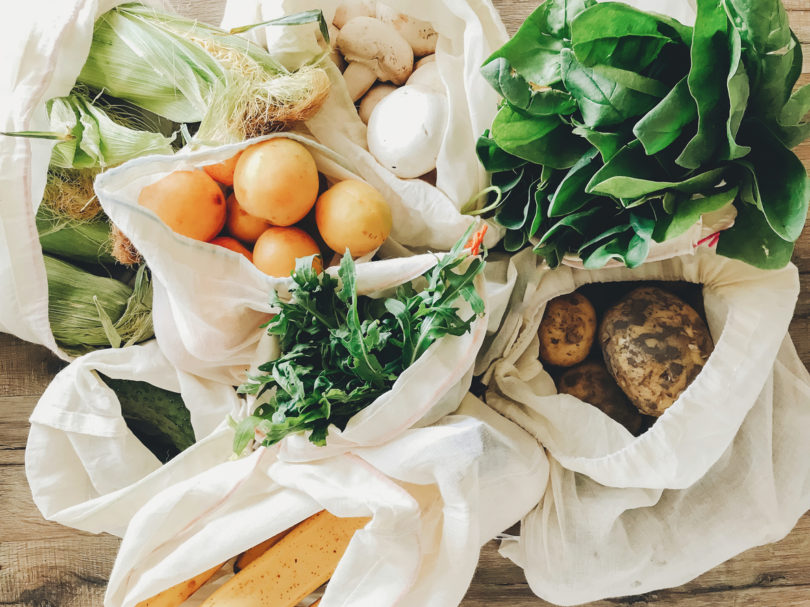Organic food, more often than not, is more pricey than conventional produce — about 10-30 percent more expensive, according to the USDA. Unfortunately, we as Americans are so used to buying cheap, overly processed, pesticide-ridden foods that deteriorate our health and well-being that we become blindsided by the price of organic eating.
The way your food is grown has an impact on your overall health. Plants contain something called phytonutrients — chemical compounds plants produce to protect them from bugs, germs, fungi and other threats. When farmers abstain from spraying pesticides, plants have to work harder at protecting themselves from environmental threats. So, why is this important? The harder the plant works at protecting itself, the more phytonutrients it produces, which contributes to better cellular communication in our bodies and can trigger detoxification, decrease inflammation and disease.
A French study published in “JAMA International Medicine” concluded that eating an organic food diet reduced the risk of cancer — particularly a steep decline in lymphomas and postmenopausal breast cancers. The researchers followed more than 68,000 French adults over a five-year period. Those who abided by a strictly organic diet had a 25-percent lower risk of cancer over those who did not follow the diet.
You don’t have to sacrifice your bank account to eat organic. Here are some tips that can save you money when buying organic:
Prioritize
Buying organic food is especially important when shopping for fresh fruits and vegetables. They are sprayed with large amounts of pesticides and toxins to keep insects from eating away at the farmers’ crops, but unfortunately for us, the toxic chemicals get stored in the fat tissues of our body, leading to a host of illnesses and diseases.
When figuring out what products to buy organic, stick with what the Environmental Working Group calls the Dirty Dozen and Clean Fifteen.
Dirty Dozen
Strawberries, nectarines, spinach, apples, grapes, peaches, cherries, pears, tomatoes, celery, potatoes, sweet bell peppers.
Clean 15
Avocados, sweet corn, pineapple, cabbages, onions, sweet peas, papayas, asparagus, mangoes, eggplants, honeydews, kiwis, cantaloupes, cauliflower, broccoli.
Eat Seasonal
It is more expensive to eat out-of-season produce than produce that is in-season. For example, buying a fresh watermelon will be far less expensive in the summer months than in the winter ones — a simple search on the Internet will help you determine what organic food is in season and what’s not. Also, look out for sales — foods that are in season will be on sale.
Put Your Apron On
Most people reach for pre-made food to save on time, but ultimately waste more money by doing so. Making and prepping your meals saves you not only time but also money in the long run. Store any leftovers in the freezer and save it for another meal.
Farmers Markets
Shopping at your local farmers’ market can help you rest easy knowing your food isn’t loaded with dangerous pesticides. Stop by at the end of the day when most of the food becomes discounted, and know you’re getting inexpensive, locally grown, nutrient-packed organic foods for less than the big supermarkets, where most of the produce gets imported.
Bulk Buy Your
Consider buying foods like potatoes, onions, grains, legumes, dried and canned foods in bulk since they can be stored longer.
For more information and savings on buying organic, make sure you check your local Food Co-op.

